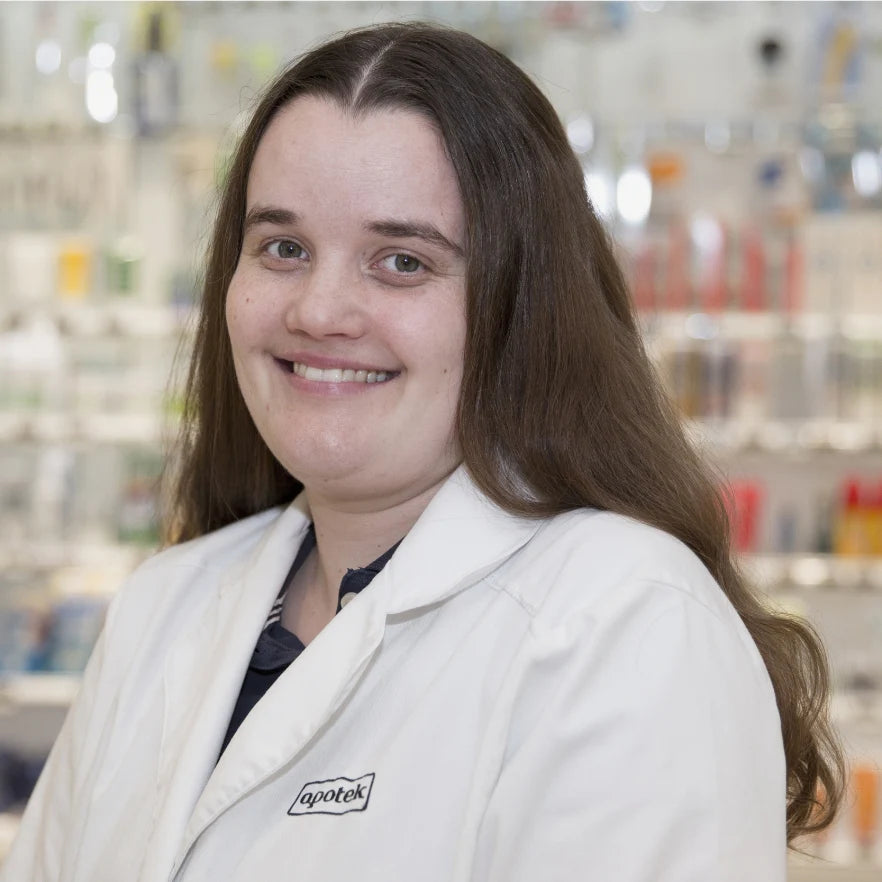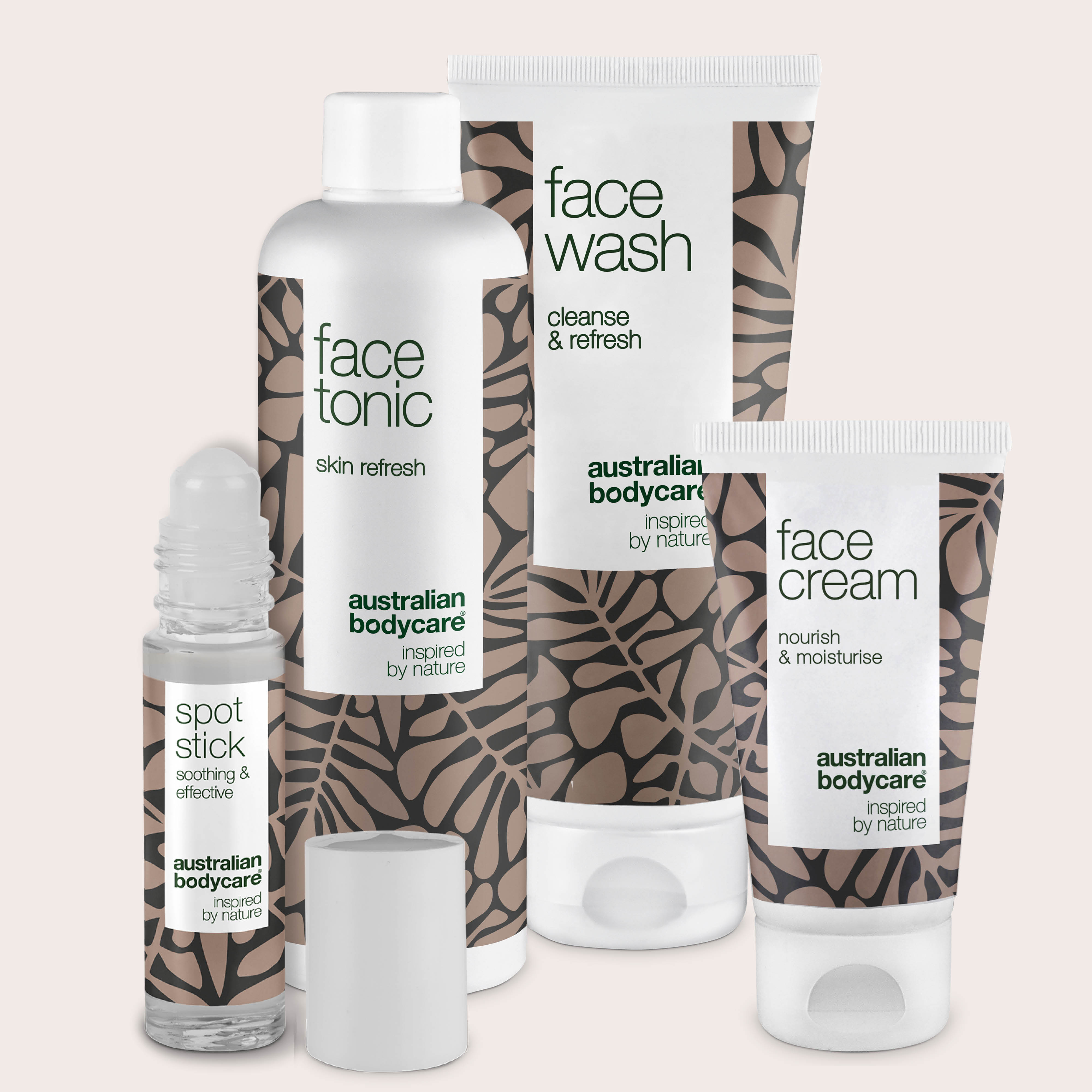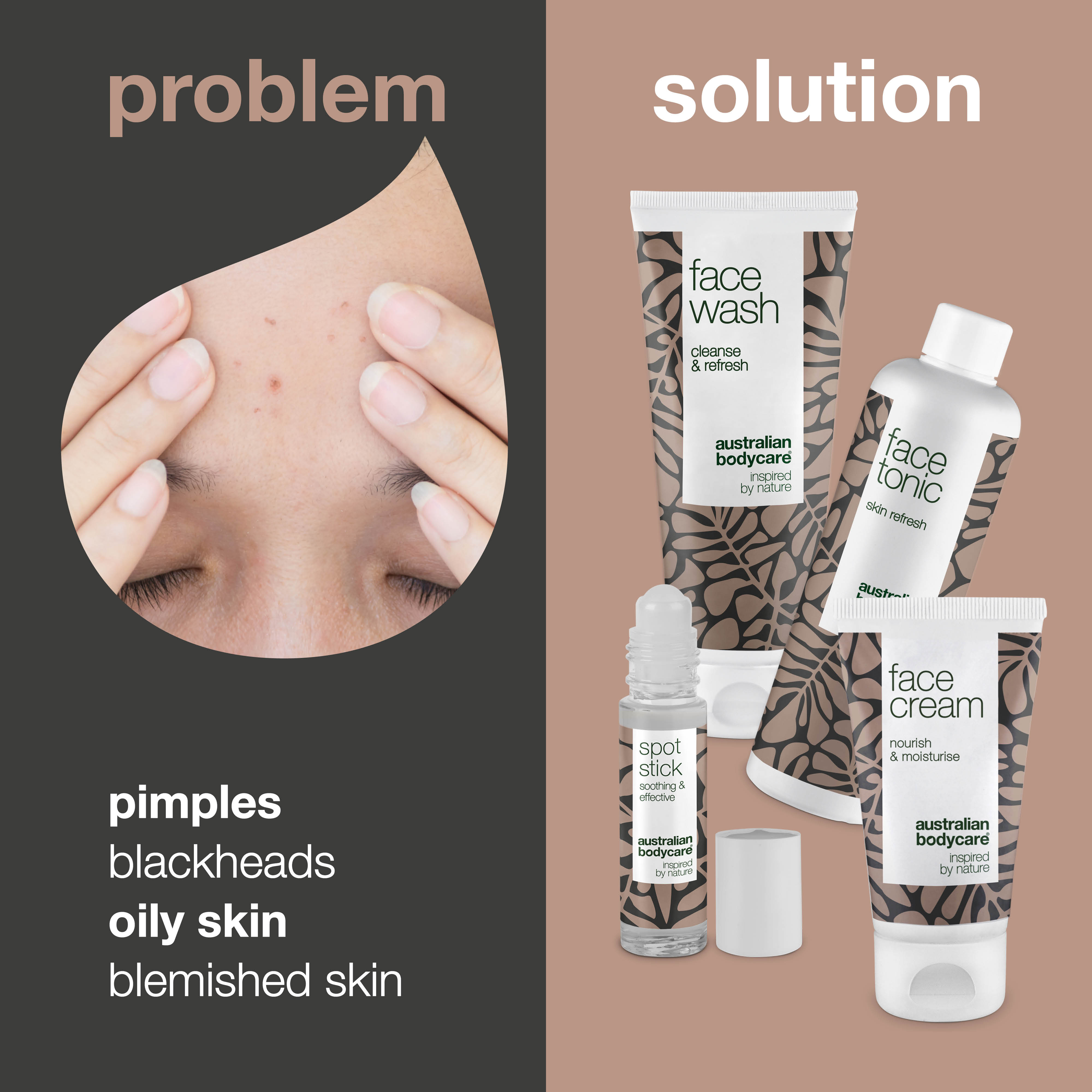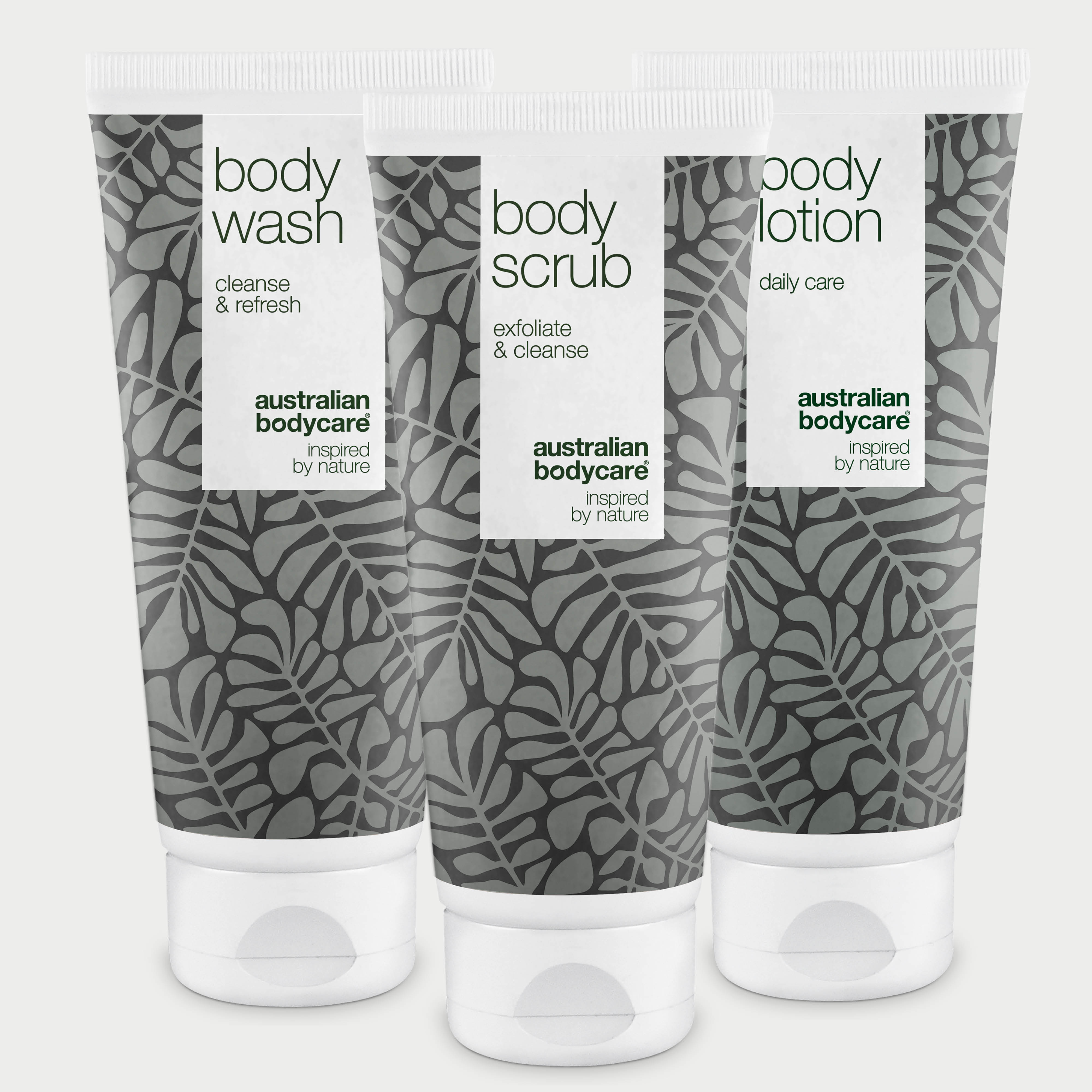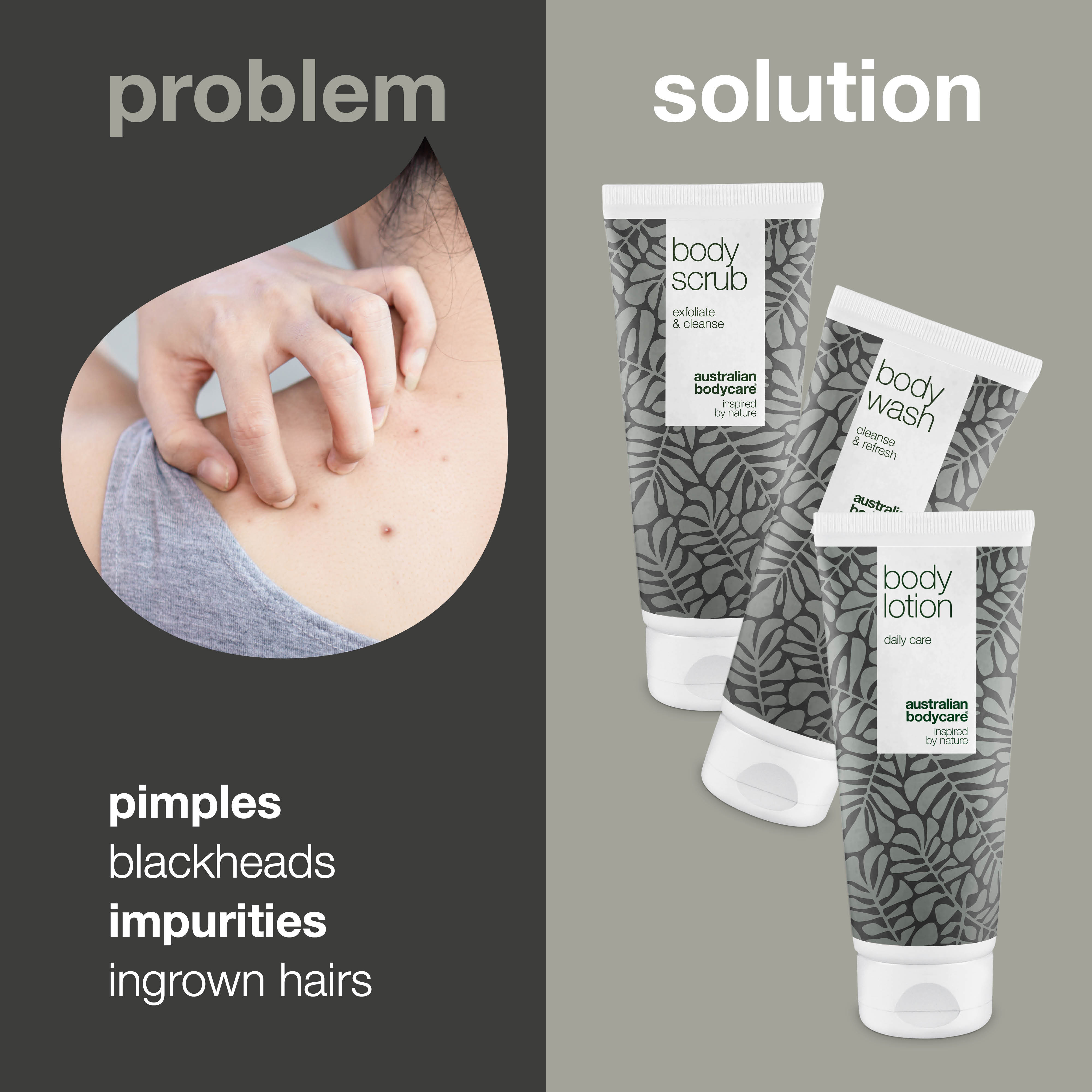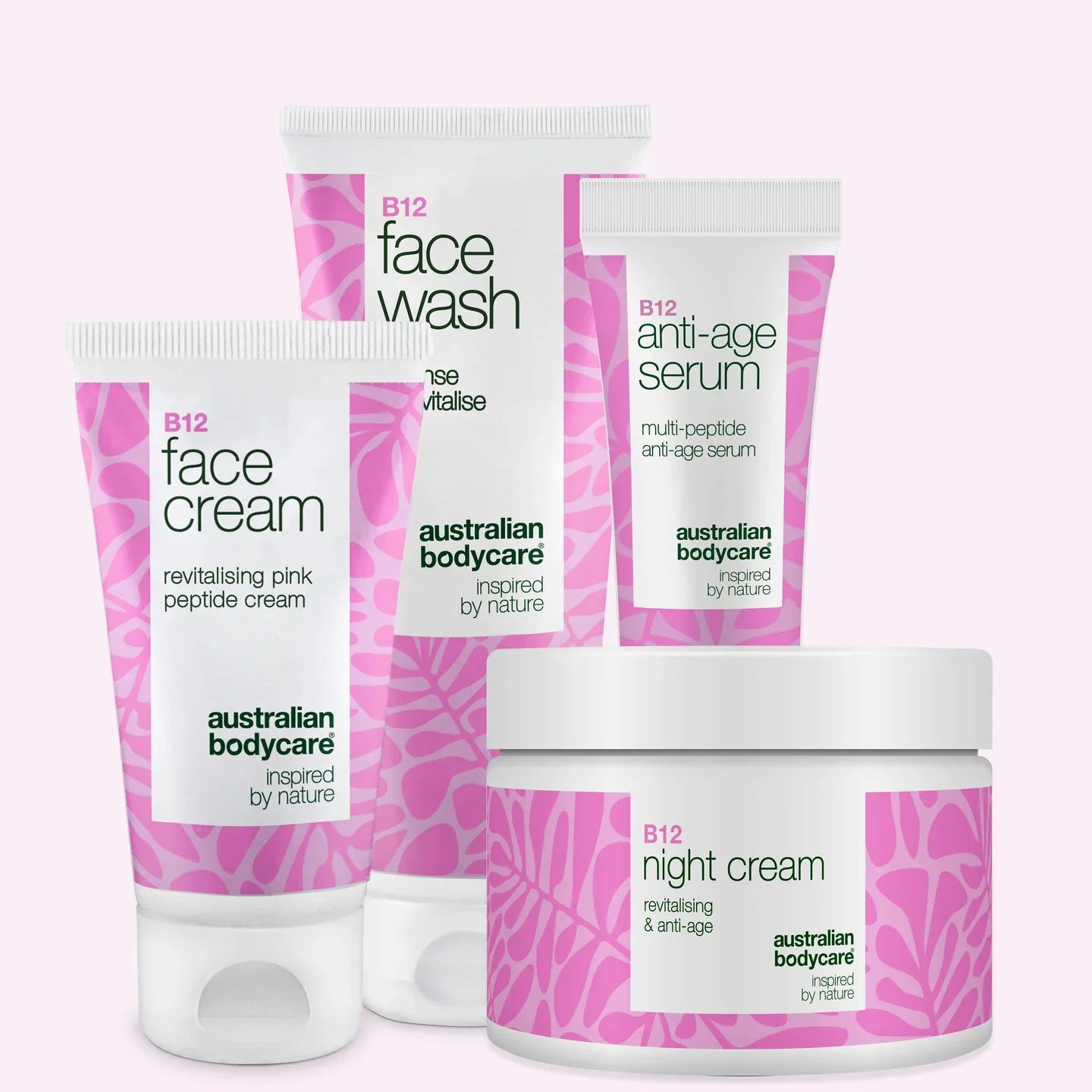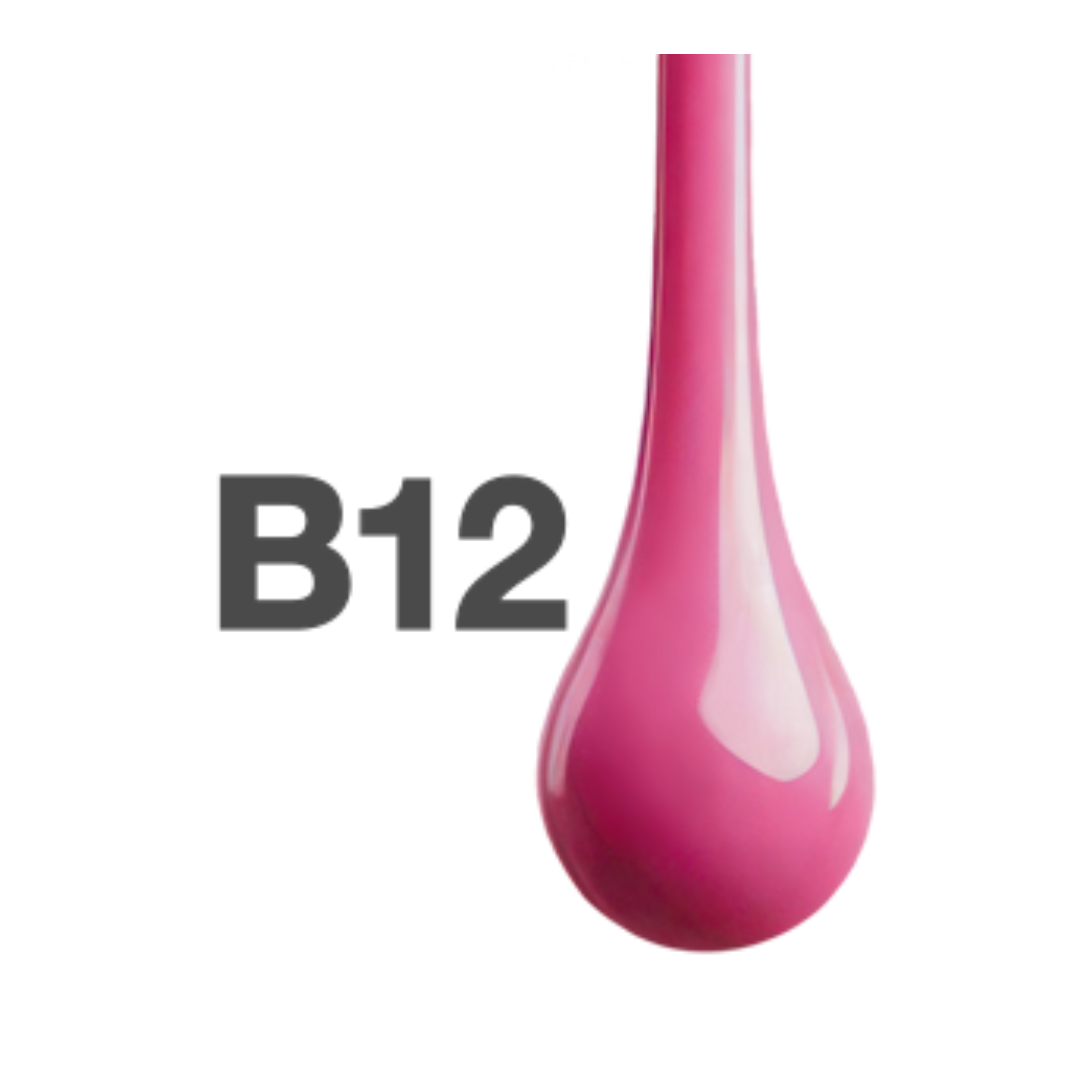Get rid of spots – now and in the future
Spots are very annoying, and anyone with spots will do almost anything to get rid of them. Here you can find facts, good advice and guidance for how to clear up spots. It is a question of treating and then preventing them.
Table of contents
What are spots?
Spots are an annoying and quite uncomfortable skin condition, which often affects young people in their teens. For the great majority, the spots clear up again after a few years, but unfortunately some are still plagued by spots, even though they are well past their teens.
READ THIS TOO: Effective treatment for spots – Click here


Spots are linked to hormones
Spots are a condition linked to hormones, and that is why the teens are the years when most people suffer from spots. When extra hormones are formed in the body, extra sebum is also formed in the hair follicles or sebaceous glands, which can get blocked, so the sebum cannot come up to the surface and out. If bacteria then get into a sebaceous gland or hair follicle – which is almost inevitable – they cause inflammation, and you have a spot.
Spots are usually red and swollen, often full of yellow pus. Some only have a single spot now and then, while others are far more seriously affected, and covered with large, painful spots on their faces or elsewhere on the body. These are most uncomfortable, and it is worth looking at possible means of treating and preventing them.
READ MORE: Tea Tree Oil for spots – see products here
Video: Effective treatment for spots and acne
Method
- Spread the soap on the spots on your face
- Massage gently.
- Rinse your face with lukewarm water.
- Repeat every morning and evening.
- You can then give your skin extra care with Face Tonicand Face Cream.
Face Wash from Australian Bodycare is a gentle face wash with Tea Tree Oil, that clears up the skin and keeps it healthy. Face Wash maintains the skin’s natural moisture balance.
Results after using the facial pack for four weeks


You can have spots anywhere on your body
The first attack is often just a single spot on the face. If you are lucky, you will only have a single spot occasionally. Those who are less lucky do not only have spots on their faces, but also on other parts of the body. It is uncomfortable, both physically and mentally, but it is definitely not unusual.
Spots are to a large extent inherited, so if your mother or father or both parents were plagued by spots, it is more likely that you will be too. Unfortunately, that is a fact, although it is not known precisely why.
Spots on the face
Spots on your face are extremely irritating. You can cover them with a cover stick or foundation, and if you use good, water-based products, it will do no harm. However, it is hard to conceal them entirely, and spots on the face are therefore particularly annoying.
Spots on your forehead
Spots usually appear where the skin has the greatest tendency to become greasy. That is in what is known as the T-zone, which extends like a T from your forehead and down over your nose and chin.
READ THIS TOO: Spots on your forehead
Spots on your nose
If you are prone to spots and acne, your nose will often be an area that is attacked by small blackheads, also called comedones. They occur there because the nose and the area on either side of it tend to become greasy during the day. Besides the small blackheads, it is also quite normal to have actual spots on your nose, where they are unfortunately highly visible.
SEE ALSO: How to use a blackhead remover to get rid of blackheads on your nose
Spots on your chin
The T-zone extends from the forehead over the nose and down to the chin. Here too, the skin tends to become extra greasy, so it is a place where spots often develop.
Spots on the rest of your face and on the scalp
Even though for most people spots appear on their forehead, nose and chin, it is certainly quite normal to have spots on the cheeks, on the temples or right round in the ears. You can also get spots on the neck or on your scalp. The scalp is often greasy, providing good conditions for spots to develop.
READ THIS TOO: Avoid spots on your scalp – How to treat spots
READ THIS TOO: Avoiding acne – This is what to do
Spots on your body
Spots can appear anywhere on the body, on your chest, your arms, in the armpits, on your shoulders, thighs or bottom. But you may easily find a spot on your underarms, lower legs or a completely different place. In short, there is practically no part of the body where you cannot get spots.
They appear most often where there are most sebaceous glands. This means on the face, back, chest and bottom. But since we have sebaceous glands everywhere, spots can appear anywhere.
Everyone who has had spots knows how uncomfortable they are. It is uncomfortable, because you feel as if the spots show up a mile away and everyone can see them. It even means that some people avoid particular situations, such as a visit to the swimming baths or to the beach. And then spots are no longer just a skin problem, and they can also affect self-esteem. So it is definitely worth doing everything possible to combat those uncomfortable and annoying spots.
Spots on the back
If you are plagued by spots on the face, you will often find spots on the back too. In these areas the skin tends to get greasy, and most of the time the skin does not get a lot of air either.
Some people, especially men, will find that while they more or less have got rid of spots on the face, they continue to have spots on the back. It is irritating, but unfortunately not at all unusual.
Read more: How to get rid of spots on the back
Spots on the arms
People who suffer from spots and acne often find spots on their upper arms. But spots do not only appear on the upper arms. You can also get spots on your lower arms, although they are less frequent.
Spots on the legs
The pattern of spots on the legs generally follows the pattern of spots on the arms: most appear on the thighs, and fewer on the lower legs. But you can definitely find a spot on your calf or even over the shin bone.
Spots in the armpits
The armpits are in no way a spot-free area. You can certainly find a sore, red spot there. If you shave your armpits, you risk ingrown hairs. If the hair follicle gets infected, it will cause a spot or boil. If you are in any doubt about whether it is a spot or a boil you should let your doctor have a look at it.
Spots on the buttocks and bottom
If you are one of the unlucky people who suffer from spots, then unfortunately there is no part of your body where you can be sure you will never find a spot. The buttocks and bottom are also on the list of places where spots often appear.
Regardless of where the spots are, the cause is the same: An overproduction of grease clogs the pores or sebaceous glands in the skin, which gives rise to inflammation.
READ THIS TOO: Spots on the buttocks – Get rid of spots on your bottom
Spots in the groin and on the vulva
Since there are also sebaceous glands and hair follicles in the groin and on the vulva, spots can also appear there. A spot may be uncomfortable and painful, but really quite normal. If you are in doubt about what it is, you should visit your doctor, who can check that it is not a sexually transmitted disease or anything else.
Spots under the skin
Attacks of spots occur not only on the face and all over the body, but can also occur under the skin.
If you discover a slight bump on your skin which is slightly red and sore, it may be a spot that is just not yet fully developed. It will come up to the surface and emerge later. However, sebaceous glands can also burst under the skin, and then you have a spot under the skin. It will feel like a small, hard lump under the skin, and is also called a cyst.
Treating spots effectively
Spots are a skin condition that affects many people, not least teens.
Most will do almost anything to get rid of their spots.
Many businesses have discovered this, so there are mases of products on the market which promise clear, glowing skin in no time.
There are no magic cures
There are no miraculous cures that work in a short time. So you need to consider carefully before you buy a product, as you can easily buy more than you can afford, which unfortunately may not have much effect.
No matter which treatment you choose, you will need a fair amount of patience too. You must expect it to take at least six to eight weeks before you can see a difference. And you must follow the treatment meticulously if you want to be sure it will work.
Cures with pills or cream
If you are really seriously affected by spots, then it is best to consult a dermatologist, who can prescribe a cream or ointment or pills for your spots. This is a hormonal treatment, which will often be the right thing for serious cases. Where there is an actual infection, with cysts or boils, it may be necessary to treat them with antibiotics.
For women, treatment with contraceptive pills may be an option. Spots are, after all, related to hormones, and thus a hormone treatment may be effective in many cases.
There are also many different creams for spots and ointments available over-the-counter. Some are effective, while others make little difference. And some work for one person, but not at all for another. So ask for advice at the pharmacy or drugstore before you just buy something. Or consult your doctor before you go on a shopping spree.
Cleanse your skin carefully
When you have spots, your skin tends to get greasy. That is why it is important to wash and cleanse your skin morning and evening, so that you remove the excess grease and bacteria from your skin. However, do not scrub and cleanse too energetically. That will not help to get rid of spots. On the contrary, it may irritate the skin and dry it out too much.
Even though your skin is greasy, you must take care not to dry it out too much, because then the skin will react by producing even more grease. So when you have washed and cleansed your skin with products that are specially suitable for skin with spots, you must add moisture. Use a good moisturising cream formulated specially for skin with spots. Good hygiene and the right products are in fact the most effective way to clear up acne and spots.
Preventing spots effectively
It is well worth trying to treat spots if they have appeared. But of course, it is even better if you can prevent further attacks of spots.
There are several different things you can do yourself to prevent spots. Try them out and see what works for you. First and foremost, it is a matter of taking care of your health and looking after yourself and your skin, which is always a good idea.
Diet and lifestyle
It is often said that spots are caused by fatty food, sweets, chips, coke, chocolate, or things like that. There are no studies, however, that can prove any direct connection between spots and unhealthy food.
On the other hand, there are studies that show a possible connection between spots and consumption of low-fat dairy products (milk and cheese). In general, however, it is unlikely that your diet is critical in whether you get spots or not. But hormones and being genetically more disposed for spots do make a difference.
It also appears that stress can affect the occurrence of spots, because stress can influence the hormone balance.
Skin care can prevent spots
Greasy skin with spots needs loving care morning and evening. You can do that by washing and cleansing your skin with products specially designed for skin with spots. When you wash and cleanse your skin, you remove grease. It is therefore important that you add moisture afterwards, using a good moisturising cream made for skin with spots. Even if your skin feels greasy, it still needs added moisture, because otherwise the skin will begin to produce more grease to compensate for drying out.
If you use make-up, be sure to choose water-based products. They appear to be better for greasy skin than products based on oil.
7 myths: What you did not know about spots
Myth 1: Spots are infectious
The bacteria found in spots are not the kind that are infectious. You cannot catch other people’s spots – and you cannot infect others with your spots.
Myth 2: Spots can be treated with toothpaste
Toothpaste is often suggested in connection with spots. But toothpaste should not be used to combat spots. It contains abrasives and other ingredients which are not good for your skin, and there is nothing to suggest that toothpaste is effective against spots. So keep your toothpaste for your mouth, and find a good cream for your skin.
Myth 3: Lemon is a good cure for spots
It is said that lemon juice is a good cure for spots, because it dries them out. This has not been proved, but lemon juice is quite harmless, so it is not the worst thing you can do if you want to try alternative remedies.
Myth 4: A solarium is good against spots
A solarium is not good in any way – and not for spots either. It may have a certain drying effect on your spots, if you go out and get moderate amounts of sun. But too much sun is neither good against spots nor good for your skin.
Myth 5: You can get spots from masturbating
You do not get spots from masturbating. The myth has arisen because many young people get spots in their teens – precisely in the period when they also begin to explore their own bodies, among other things by masturbating.
Myth 6: Foundation and make-up will give you spots
Modern make-up has been exonerated – it is not a major culprit in connection with spots. If you take care to use good, water-based products, and avoid oil-based ones, foundation and make-up should neither cause more spots nor fewer spots.
Myth 7: You can get spots from milk
Some studies indicate that low-fat dairy products such as milk and cheese may tend to cause more spots. However, if you decide to drop dairy products, remember to get some calcium from other sources.
FAQ about spots
How can I get rid of spots quickly?
Unfortunately there are no miraculous cures that can clear up spots fast. But you can use a cover-stick or foundation if you want to conceal your spots.
Read this section too: effective treatment for spots
Why do people get spots?
Spots are a skin condition linked to hormones, cause by overproduction of hormones. It means that extra sebum is also formed in the hair follicles or sebaceous glands, which can get blocked, so the sebum cannot come up to the surface. When bacteria get into the sebaceous gland or hair follicle, they cause infection, and a spot forms.
Is water good against spots?
It is healthy for your body if you drink plenty of water. Water, a healthy diet, and exercise increase blood circulation in the body, and that helps to keep your skin healthy. It is also a good idea to wash your skin with water and a good washing cream morning and evening.
Is moisturiser good against spots?
Even if your skin is spotty and greasy, it still needs added moisture, because otherwise the skin will begin to produce more grease. It is important, however, to use a moisturiser that is specially made for skin with spots.
Is a sauna good against spots?
Taking a sauna or a steam bath is sometimes suggested as an effective cure for spots. However, you should not expect dramatic results from a visit to a sauna. In fact, high temperatures can irritate your skin, which may exacerbate your acne.
Are acne and spots the same thing?
Expressions such as acne, spots and skin problems are often used interchangeably. But while anyone may have an occasional spot now and then, acne is a specific skin condition. Severe cases of acne need treatment by a dermatologist, and with a prescription for cream for acne.
Why do adults get spots?
Spots are influenced by hormones. That is why spots are particularly common among teenagers during the dramatic hormonal changes of puberty. But spots can also appear later in life, often because of hormonal changes. They may come in connection with pregnancy, but other causes are possible too. Men can suffer from spots as adults, too.
Should you press spots out?
It can be difficult to leave spots alone. Still, you should try, if you can, because you risk causing a scar if you press and damage the skin. If you cannot stop yourself, it is a good idea to use a paper tissue, so that you do not damage the skin so easily – and then you will not transfer bacteria to your skin from your fingers.
Does protein powder cause spots?
It looks as if protein powders can help to increase the occurrence of spots. This may be because protein powders are typically based on milk, and it appears that low-fat milk products can cause more spots.
Can small children get spots?
Children may get a single spot or two, but otherwise spots normally only appear during the teens and later on.
Does sunshine remove spots?
Sun may have a certain drying effect on spots. But spending too much time in the sun is neither good against spots nor good for your skin in general. In moderate amounts, however, sun on the skin is fine.
Does sweating cause spots?
You will not have more spots if you sweat. But make sure you change into dry clothes, and wash and cleanse your skin thoroughly.
Why do people get internal spots?
Internal spots, or spots under the skin, develop in the same way as external spots. Often, however, an internal spot is simply an ordinary spot that has not yet fully developed and come up to the surface.
READ MORE: Blind pimples – no more internal spots
When do people get spots?
Most people suffer from spots in their teens – and for most the spots clear up after a few years. But you can get spots all your life, and unfortunately some people are plagued by spots long after they have grown out of puberty.
When do spots clear up?
For the great majority, spots clear up gradually by themselves when puberty is over. But for others, unfortunately, spots are a lifelong plague.
Can you get spots from chips?
There is no proof that chips and fatty food cause more spots. But in general, it is not healthy to eat to much of that kind of thing.
How can I get rid of spots quickly?
Unfortunately there are no miraculous cures that can clear up spots fast. But you can use a cover-stick or foundation if you want to conceal your spots.
Do nuts give you spots?
There is no real evidence that you should keep off nuts if you tend to get spots. But give it a try, and see whether nuts give you more spots or fewer – or whether they make no difference at all.
Do you get spots if you are stressed?
Stress affects the hormone balance, and thus it seems as if stress can also have an effect on the appearance of spots, precisely because they are linked to hormones.
Do you get spots if you have dry skin?
Spotty skin is often greasy, but you can certainly get spots, even if you have dry skin. And even if you have spots and greasy skin, you should still give your skin moisture with a good moisturising cream. Otherwise your skin will become dry, and then the skin will begin to produce grease itself, which is not an advantage with regard to spots.
